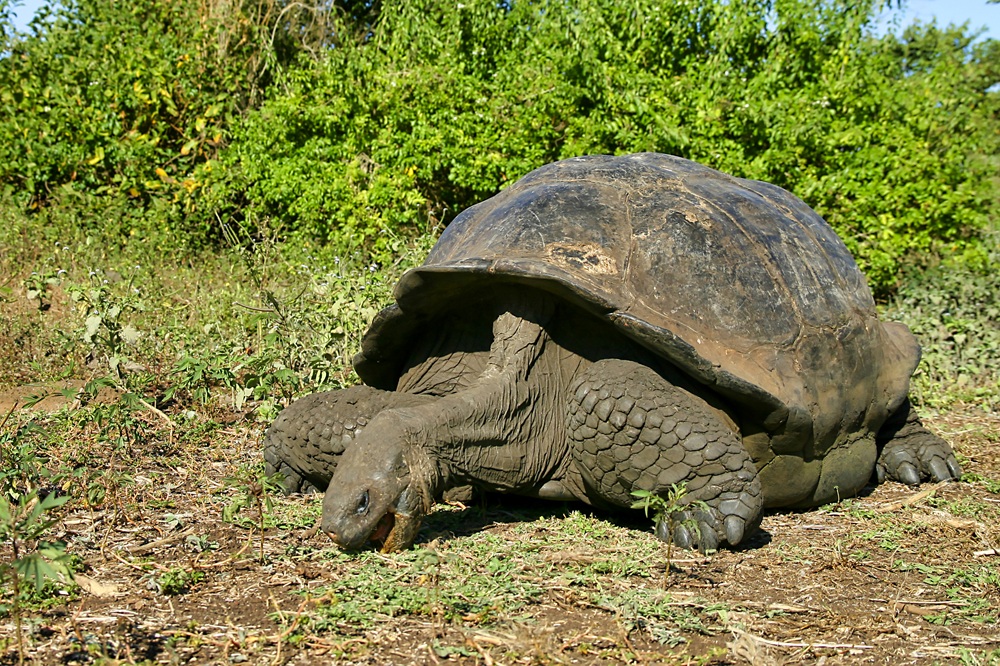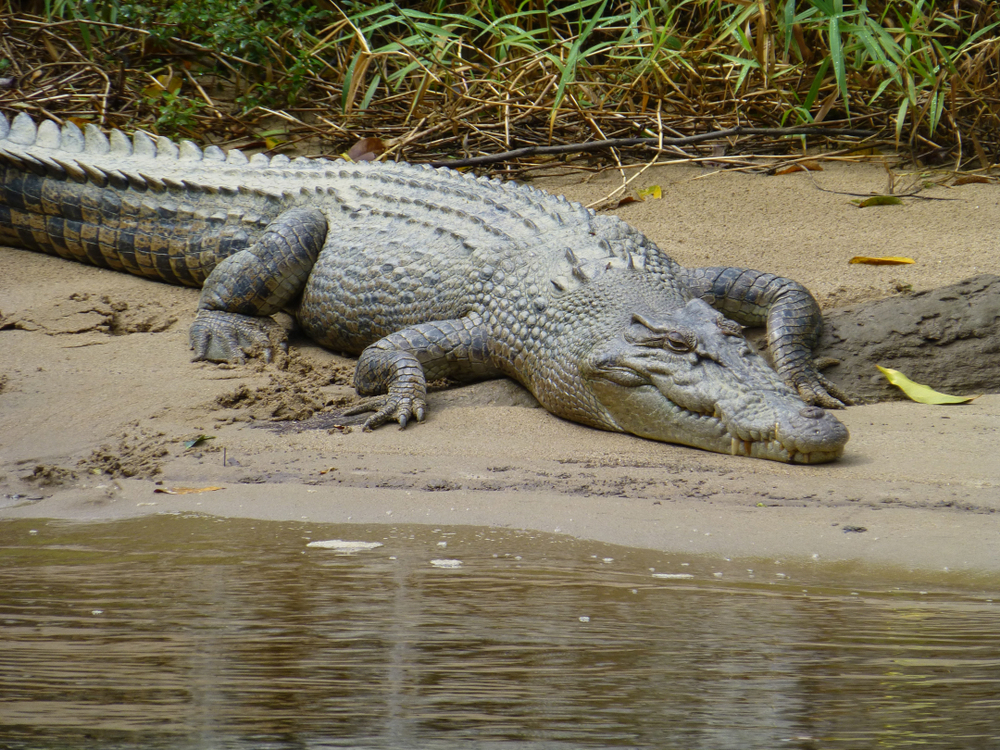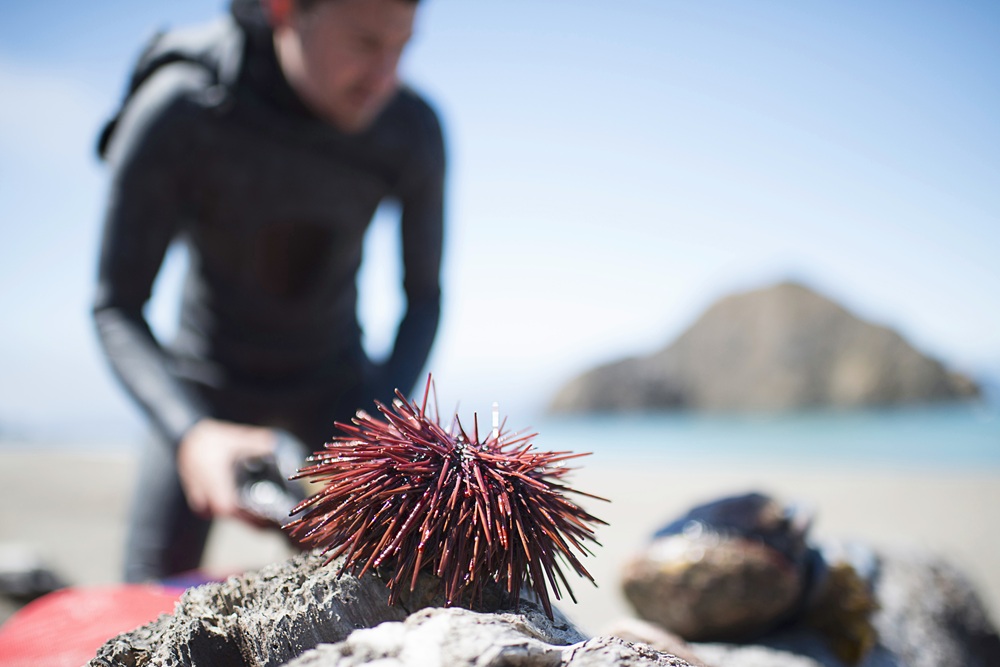The longest living wildlife animals on earth may surprise you!
When we think about the animals we know best, such as dogs or cats, we know that they live for about a decade or two. And people can live to be up to 100, sometimes a bit older. Yet, incredibly, there are some wild animals on our beautiful planet that can live almost twice as long in much harsher natural conditions.
In the majestic animal kingdom, very rarely do animals reach their highest possible age due to their stressful situations, with high death rates due to lack of food, disease, predation, habitat destruction, weather, and many other factors.
But Pet Compilation did some digging… continue reading for 6 of the longest living wildlife animals on the planet.

But first… Why do some wild animals live longer than others?
Various factors contribute to the differences in lifespan among wild animals. But some of the primary factors include:
-Size: Smaller animals tend to live longer because they have lower rates of cell division and a slower metabolism, which leads to less cellular damage throughout their lives.
-Genetics: An animal’s genetic makeup is key in defining its lifespan. Some species have genes that protect against the effects of aging, while others are more sensitive to age-related decline.
-Habitat and Environment: A wild animal’s habitat and environment can affect its lifespan. For instance, animals that live in severe environments with limited resources might have shorter lifespans due to the physical demands and stress placed on their bodies.
-Reproductive strategy: Some species have a slower reproductive system and instill more resources into individual offspring, which can result in a longer lifespan.
-Lifestyle: An animal’s behavior and lifestyle also determine its lifespan. Wild animals with sedentary lifestyles or high activity levels might have shorter or longer lifespans, respectively.
… Now, let’s talk about some of my favorite and longest living wildlife animals!
Bowhead whale
How long do they live? 200+ years old
Bowhead whales, a.k.a. Balaena mysticetus, are the longest-living mammals. The actual life spans of sub-Arctic and Arctic whales are unknown. Still, stone harpoon tips found in some harvested individuals prove that they comfortably live more than 100 years and might even live more than 200 years, says the National Oceanic and Atmospheric Administration.
These whales have mutations in their genes called ERCC1, which are involved with repairing damaged DNA that might help protect the whales from cancer, a probable cause of death. Also, another gene, called PCNA, has a section that’s been duplicated.
This gene is involved in cell repair and growth, and the duplication could slow down the aging process. Scientists believe that studying these long-living whales could provide clues about how to prolong human life.
Hydra
How long do they live? Practically immortal!
Hydra is a cluster of small invertebrates with delicate bodies that slightly look like jellyfish and pretty much have the potential to live forever. These invertebrates are mostly made up of stem cells that continually regenerate through cloning or duplication.
So, in other words, these animals don’t disintegrate as they age. They die under natural circumstances because of threats like disease or predators. Though if it wasn’t for these external dangers, they would keep regenerating for the rest of time!
“They don’t seem to age, so potentially, they are immortal,” says a biology professor at Pomona College in Claremont who discovered the hydra’s lack of aging.

Saltwater crocodiles
How long do they live? 120+ years old
Saltwater crocodiles, a.k.a. Crocodylus porosus, generally live for roughly 70 years if they survive adulthood. Accurate information on their maximum lifespan is vastly lacking. But, records of two exceptionally long-lived crocs indicate that they can sometimes live more than 120 years.
Cassius, who is the world’s most massive captive crocodile, is assumed to be up to 120 years old. He was apprehended in 1984 on a cattle ranch south of Darwin, Australia, and has been living at the Marineland Crocodile Park on Green Island since then. He was 16 feet, 10 inches back then, leading experts to calculate that he was between 30 and 80 years old.
As of 2023, he was assumed to be up to 120 years old. Cassius is also still growing, though, providing scientists with some serious knowledge on longevity. Toody Scott, who is the crocodile keeper who looks after Cassius, has been looking after him and suspects that the croc isn’t done growing.
Another long-living saltwater crocodile is Mr. Freshie, who lived between 120 and 140 years, experts calculate. The croc was captured in North Queensland by Steve Irwin and his father around 1970 and relocated to the Australia Zoo, where he lived happily for 40 years until he passed away in 2010.
According to the Courier Mail, he was estimated to have been around 100 when he was caught.
Greenland shark
How long do they live? 272+ years old
Greenland sharks, a.k.a. Somniosus microcephalus, live in the North Atlantic and Arctic oceans. They can grow 24 feet long and have a healthy diet that includes various other animals, including fish and marine mammals like seals, says the St. Lawrence Shark Observatory in Canada.
A Greenland shark eye tissue study published in 2016 by Science estimates that Greenland sharks can have a maximum life span of about 270 years. The biggest shark in that analysis was estimated to be approximately 392 years old, and the researchers indicated that the sharks could have been up to 510 years old.
The age estimates came with a bit of hesitation. But even the lowest estimate of 272 years old still makes these sharks the longest-living vertebrates on the planet, says a researcher at Greenland Institute of Natural Resources.
Seychelles giant tortoise
How long do they live? 190+ years old
Tortoises are famed for their long lives. The oldest living land creature is a 190-year-old Seychelles giant tortoise, a.k.a. Aldabrachelys gigantea hololissa, whose name is Jonathan. He resides on the island of St. Helena in the South Atlantic Ocean after being brought there by individuals from the Seychelles in 1882.
Now, Jonathan’s age is an estimate, of course, but a picture taken between 1882 and 1886 shows that he was fully mature, meaning at least 50 years old, in the late 19th century. On January 12th, 2022, Guinness World Records declared that Jonathan was the oldest tortoise ever to live.
Jonathan’s veterinarian, Joe Hollins, told Guinness World Records at the time: “He’s a local icon, symbolic of persistence in the face of change.” Huge tortoises need to live a long time to breed repeatedly and produce an abundance of eggs because predators eat most of them.
According to scientists, their ability to quickly kill off damaged cells that typically decline with age might be what helps tortoises live so long.

Red sea urchins
How long do they live? 200 years old
Red sea urchins, a.k.a. Strongylocentrotus franciscanus, are little, round invertebrates wrapped in spines. According to Oregon State University, they live in shallow waters off the North America coast from California all the way to Alaska, where they eat marine plants.
Researchers used to think that red sea urchins grew fast and had mediocre life spans of up to roughly 10 years. Yet, as scientists studied the species in greater detail, they discovered that these urchins continue to grow very gradually and, in some places, will survive for centuries if they can avoid disease, predators, and fishermen.
The red sea urchins found off Alaska and Washington likely live over 100 years, and the longest-living red sea urchins in British Columbia, Canada, may be about 200 years old, according to a 2003 study published in Fishery Bulletin.
Which one of these longest living wildlife animals is your favorite? Be sure to leave a comment to let me know. And if you love animals just as much as I do, you’ll want to also check out: 9 Famous Wild Animals That Became Global Superstars













One Response